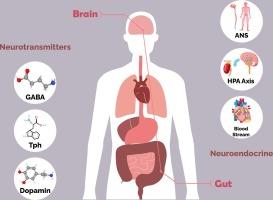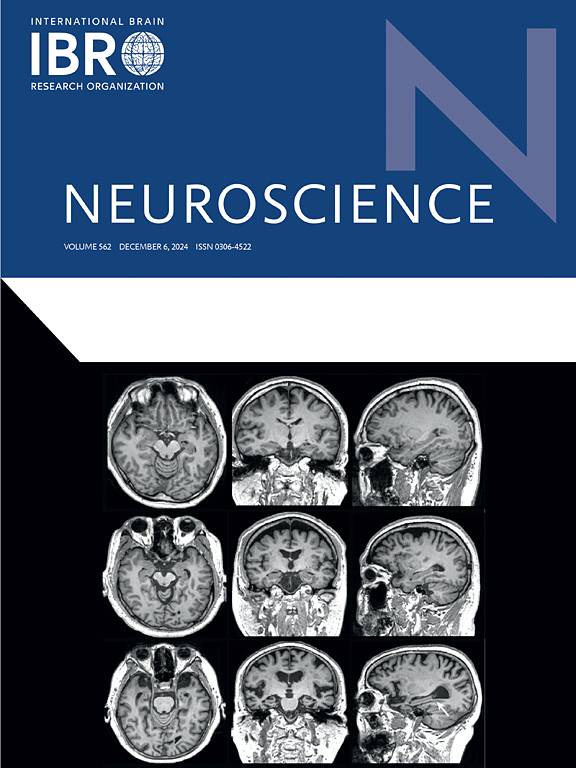Beyond digestion: Exploring how the gut microbiota modulates human social behaviors
IF 2.9
3区 医学
Q2 NEUROSCIENCES
引用次数: 0
Abstract
For a long time, traditional medicine has acknowledged the gut’s impact on general health. Contemporary science substantiates this association through investigations of the gut microbiota, the extensive community of microorganisms inhabiting our gastrointestinal system. These microscopic residents considerably improve digestive processes, nutritional absorption, immunological function, and pathogen defense. Nevertheless, a variety of gastrointestinal and extra-intestinal disorders can result from dysbiosis, an imbalance of the microbial composition of the gut microbiota. A groundbreaking discovery is the gut-brain axis, a complex communication network that links the enteric and central nervous system (CNS). This bidirectional communication allows the brain to influence gut activities and vice versa, impacting mental health and mood disorders like anxiety and depression. The gut microbiota can influence this communication by creating neurotransmitters and short-chain fatty acids, among other biochemical processes. These factors may affect our mental state, our ability to regulate our emotions, and the hypothalamic–pituitary–adrenal (HPA) axis. This study aimed to explore the complex interrelationships between the brain and the gut microbiota. We also conducted a thorough examination of the existing understanding in the area of how microbiota affects social behaviors, including emotions, stress responses, and cognitive functions. We also explored the potential of interventions that focus on the connection between the gut and the brain, such as using probiotics to treat diseases of the CNS. This research opens up new possibilities for addressing mental health and neurological conditions in an innovative manner.

求助全文
约1分钟内获得全文
求助全文
来源期刊

Neuroscience
医学-神经科学
CiteScore
6.20
自引率
0.00%
发文量
394
审稿时长
52 days
期刊介绍:
Neuroscience publishes papers describing the results of original research on any aspect of the scientific study of the nervous system. Any paper, however short, will be considered for publication provided that it reports significant, new and carefully confirmed findings with full experimental details.
 求助内容:
求助内容: 应助结果提醒方式:
应助结果提醒方式:


